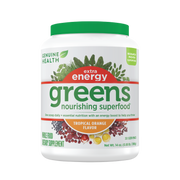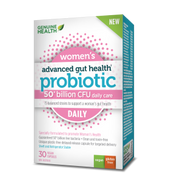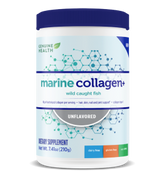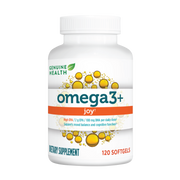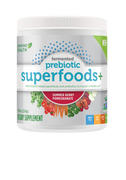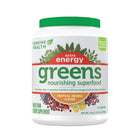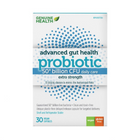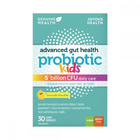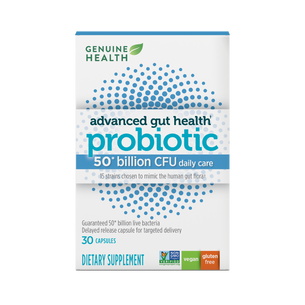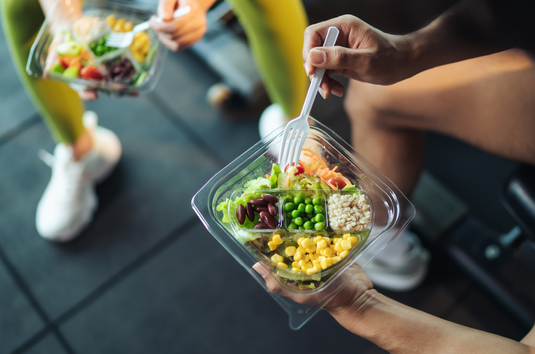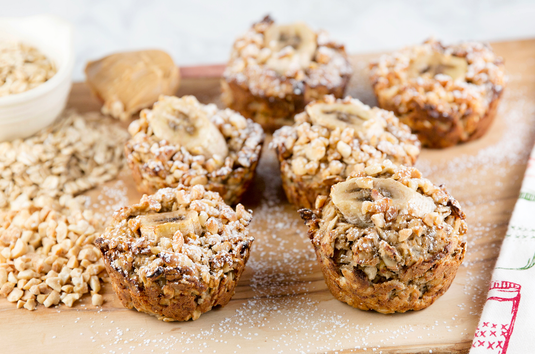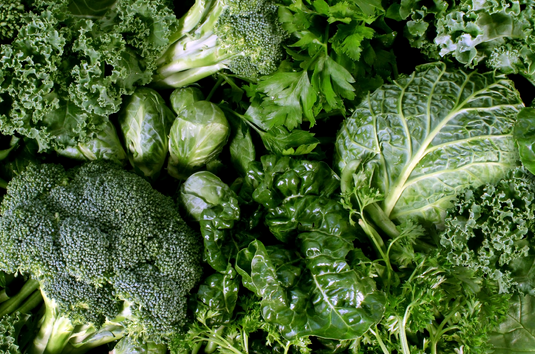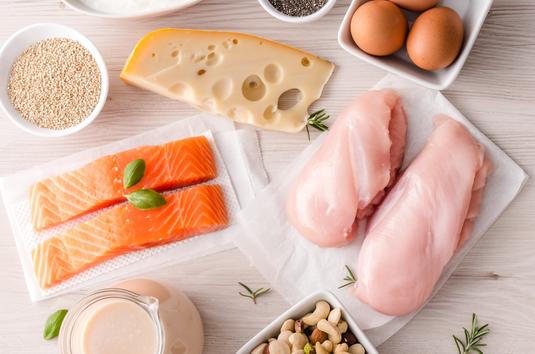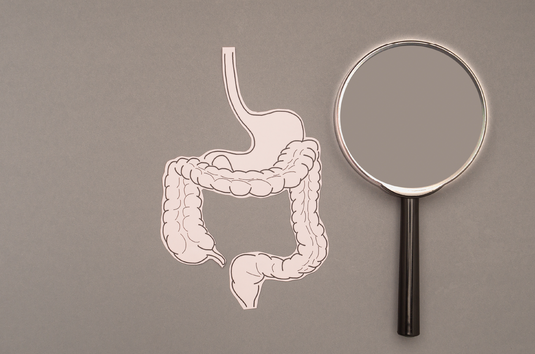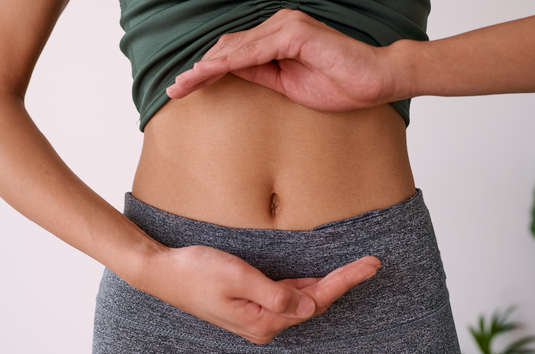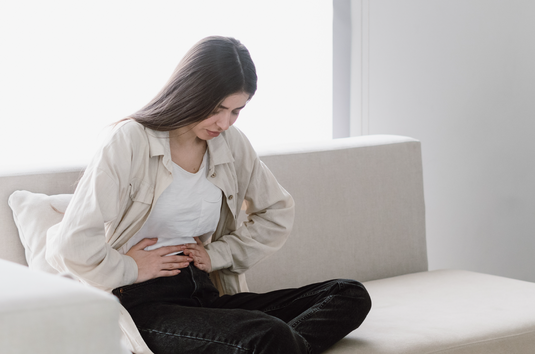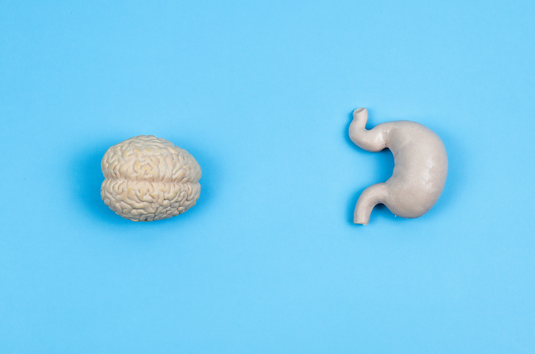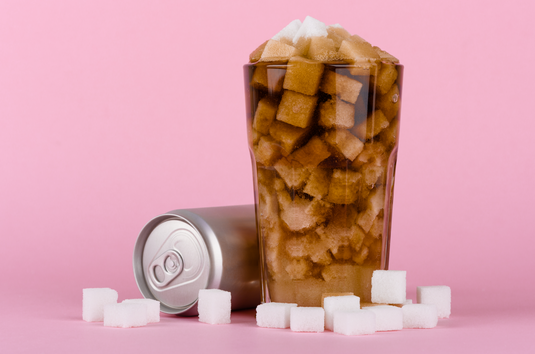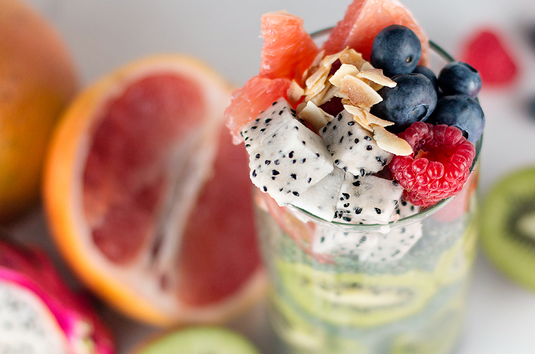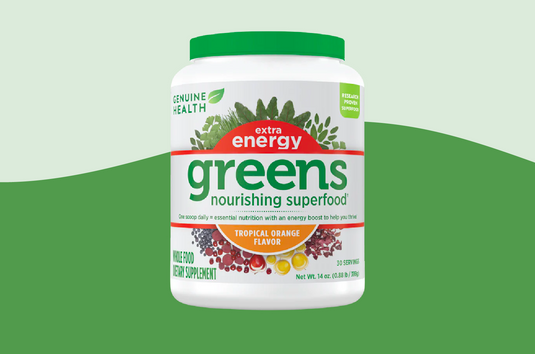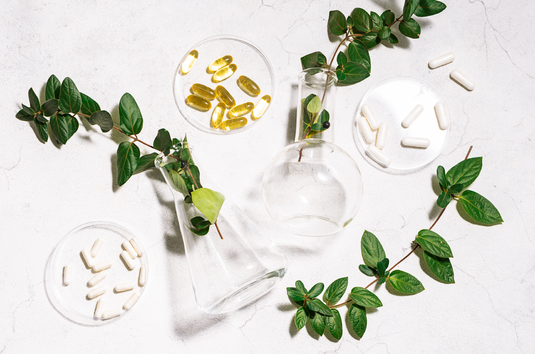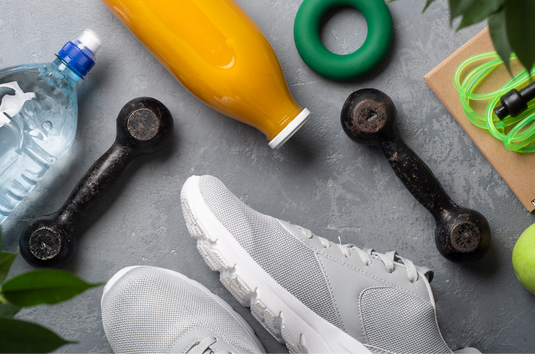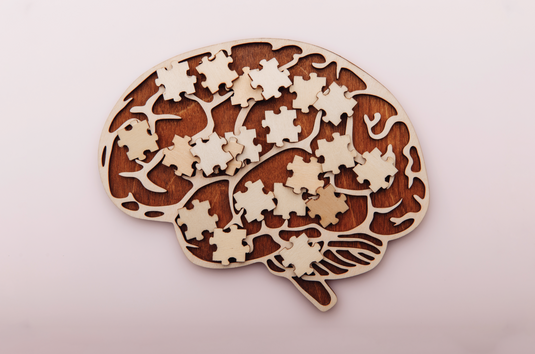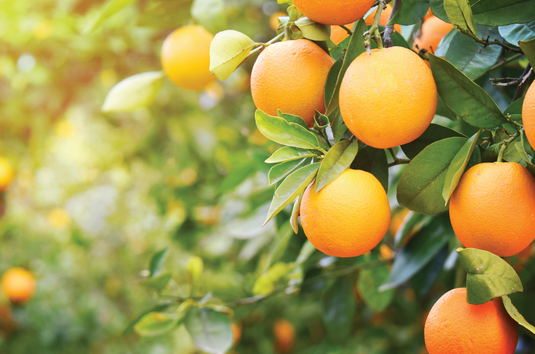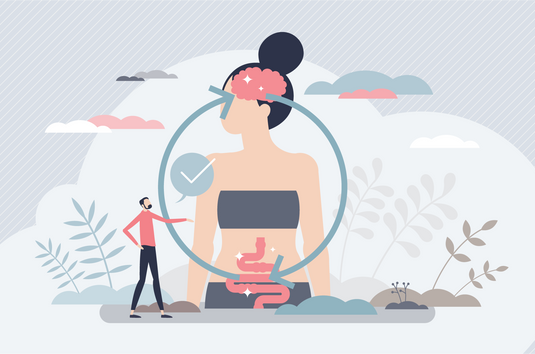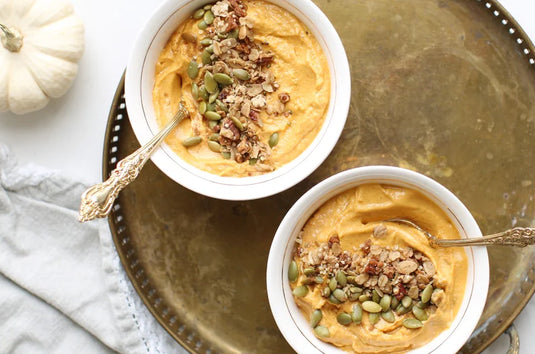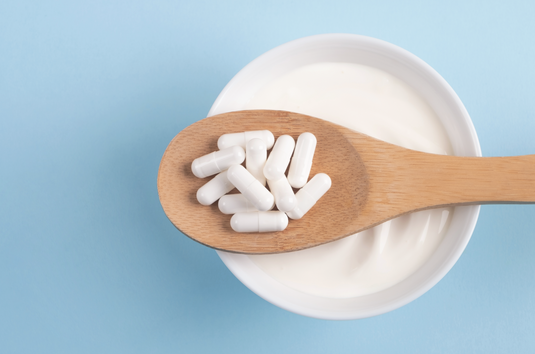6 Ways to Boost Gut Health
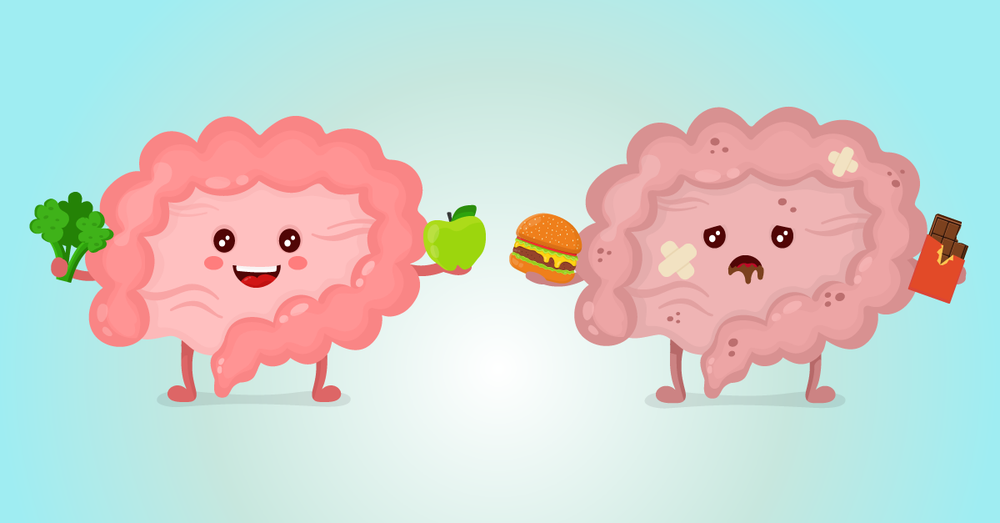
Why is it that we intuitively know to “go with our gut” when making important decisions?
Perhaps because, as research is beginning to show, our gut and its many microbial inhabitants have a significant say on the quality of our thoughts – as well as our day-to-day health, and even longer term risk of developing disease.
The gut is directly connected to the brain by way of the vagus nerve, and also through the influence of the countless chemicals released into the bloodstream during digestion. While this means that your brain can be influenced by what’s happening down below, it also allows you to have a say in the matter.
So, how might we keep our intestinal tract and its many bacterial tenants healthy? While research continues to put the pieces of the puzzle together, some safe and practical tips have emerged. Here we go!
References
Jacob M. Allen et al, Exercise Alters Gut Microbiota Composition and Function in Lean and Obese Humans, Medicine & Science in Sports & Exercise (2017). DOI: 10.1249/MSS.0000000000001495
J. M. Allen et al. Exercise training-induced modification of the gut microbiota persists after microbiota colonization and attenuates the response to chemically-induced colitis in gnotobiotic mice, Gut Microbes(2017). DOI: 10.1080/19490976.2017.1372077
Perhaps because, as research is beginning to show, our gut and its many microbial inhabitants have a significant say on the quality of our thoughts – as well as our day-to-day health, and even longer term risk of developing disease.
The gut is directly connected to the brain by way of the vagus nerve, and also through the influence of the countless chemicals released into the bloodstream during digestion. While this means that your brain can be influenced by what’s happening down below, it also allows you to have a say in the matter.
So, how might we keep our intestinal tract and its many bacterial tenants healthy? While research continues to put the pieces of the puzzle together, some safe and practical tips have emerged. Here we go!
- Consume a diverse array of plant fibers. There are many types of fiber naturally found in plants. Each type may feed a different species. This may partly explain why eating a diverse array of vegetables is so consistently associated with better health. If you are unable to regularly consume vegetables, certain fiber supplements may help—just be sure they include an array of plant-sourced fibers. (Check out fermented organic gut superfoods+, a blend of 22 fermented superfoods and prebiotic fiber.)
- Consume probiotic-rich foods. Some studies have found that those who consume probiotic-rich foods tend to have better moods. Some of my favorite probiotic-rich food and drinks include kombucha, kimchi, and full-fat, grass-fed Greek or Icelandic yogurt. If you don’t like any of these foods, try a supplement. Just make sure that your supplement comes with a delayed-release capsule which helps ensure that the bacteria survives the acid bath of the stomach and reaches friendlier climates—like your large intestine. (A good example would be advanced gut health probiotic, which is encapsulated in a delayed-release veggie capsule that’s acid- and bile-resistant.)
- Consume colorful, organic foods. These foods are usually high in polyphenols, which are very pleasing to the gut. Polyphenols help to feed the bacteria living there, and provide antioxidant benefits, while also enhancing the quality of the mucosa. This structure is the hammock of carbohydrate-rich slime upon which your gut bacteria take up residence, and provides a layer of protection for your dynamic gut lining,
- De-stress. Acute bouts of stress such as public speaking can induce permeability of the gut lining, which is usually meant to flush out pathogens. While fine on rare occasions, this provides a new lever through which chronic stress can harm our health. Find an effective way of dealing with stress (I provide some clues on my own website).
- Hit the gym. While it’s hard to believe that moving our bodies can influence the microbes living in our intestines, new evidence has shown us that exercise can independently alter the gut microbial ecosystem, independent of what we consume. In one study, exercise caused there to be more beneficial bacteria in both obese and lean people, but more-so in the lean people. One of the ways these bacteria are helpful is that they produce butyrate, a short-chain fatty acid. In the gut environment, butyrate is a powerful anti-inflammatory and may improve many aspects of health.
- Avoid sugar and processed grains. You have both good and bad bacteria living in your gut, and what you feed, you breed. By consuming processed grains and sugar, you’re feeding the bad guys, not the good guys. The increase of sugar- and grain-loving bacteria can elbow out more beneficial strains and change the chemical response to foods. This shift is likely not in your favor. On the other hand, building your diet around dark leafy greens is a surefire way to keep your good bacteria VIPs happy, while also checking off many boxes for your own micronutrient requirements as well.
References
Jacob M. Allen et al, Exercise Alters Gut Microbiota Composition and Function in Lean and Obese Humans, Medicine & Science in Sports & Exercise (2017). DOI: 10.1249/MSS.0000000000001495
J. M. Allen et al. Exercise training-induced modification of the gut microbiota persists after microbiota colonization and attenuates the response to chemically-induced colitis in gnotobiotic mice, Gut Microbes(2017). DOI: 10.1080/19490976.2017.1372077



